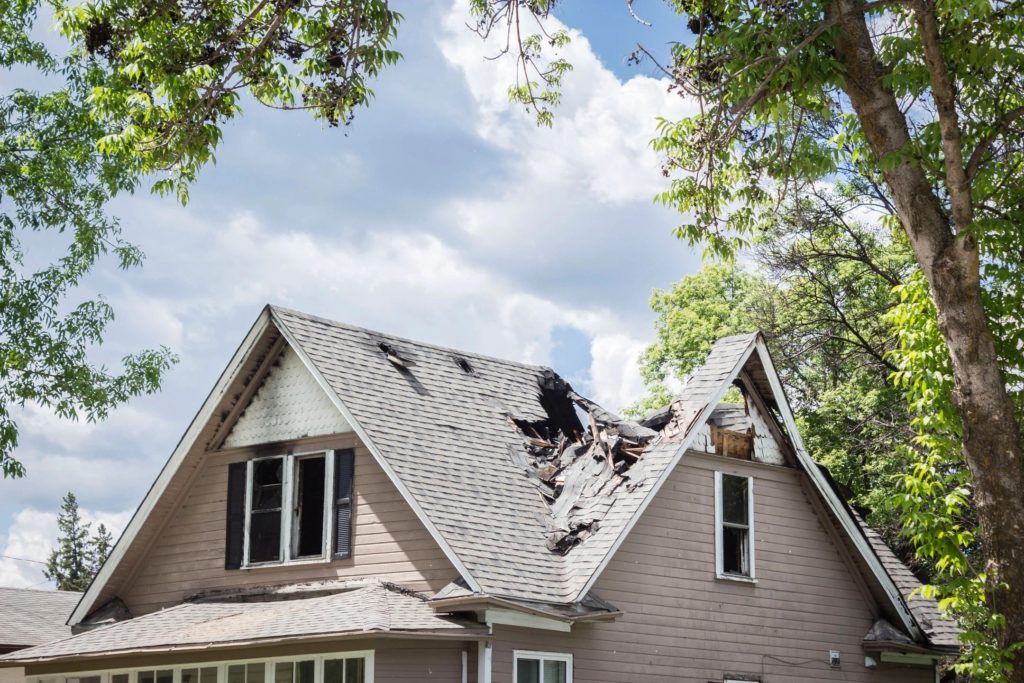
When a home buying budget is tight, there’s always the temptation to buy a fantastic, big house in a less costly area. However, buying a home in an undesirable neighborhood might be a huge mistake, especially when it’s time to resell in the future. Occasionally, there are some qualities you can’t discover about a neighborhood until after you’ve moved in. But there are ways to scout out red flags ahead of time.
When you see homes that are rundown throughout the community, it could be a sign that the residents have given up and the neighborhood is in rapid decline. A street that is full of homes with broken/cracked windows, overgrown, unkempt yards, home vacancies, gutters filled with leaves and vines, sagging rooflines, pooling water in yards, homes with obvious chipping paint & broken fences should sound off an alarm. It’s a clue that the neighbors don’t take pride in their homes and with no upkeep, they can end up decreasing the property values for the entire street.
Are there too many houses that are for sale in the neighborhood? When driving through notice if there is an abundance of “for sale” or “for rent” signs. It everyone is trying to sell, it’s probably not a coincidence. There are plenty of reasons this could be going on, but it’s important to have your Realtor dig in and find out the details. Also, check with the local police department and find out about the crime – a real reason people would be making a mass exodus from the neighborhood.
How is the local school system? Are there fewer students enrolling? A sure sign of a healthy community is a blossoming school. Another reason to have a good, knowledgable Realtor with you – he/she should know all these details or at least where you can find the information about the schools.
Most streets have some cracks and bumps but are you noticing big potholes in the neighborhood? This could mean that this is an area of neglect in the city. Is the local park a mess? If you can see that there is no organization to take care of the streets, the parks and any public spaces in the neighborhood it is a sure sign that the property values are headed down.
Drive through the neighborhood on a beautiful day. Do you see people out and about? Kids playing ball in yards? Bike riding? Anyone sitting on front porches? A big red flag if you don’t see people. This could signal that residents stay inside and don’t allow their children to play outdoors because they don’t feel safe outside. Again, check with the local police department.
The Bottom Line: Attention to the surroundings of any neighborhood is important. Often, the focus is on the home and how perfect it is for you, but a huge part of the way you live is where you live. You’re purchasing a home AND the neighborhood. A good Realtor will remind you that the overall area the home is in can/will impact the resale value of the home. Buying a home in an area that is decreasing will create problems in the future.

 See Our National Coverage Map
See Our National Coverage Map







